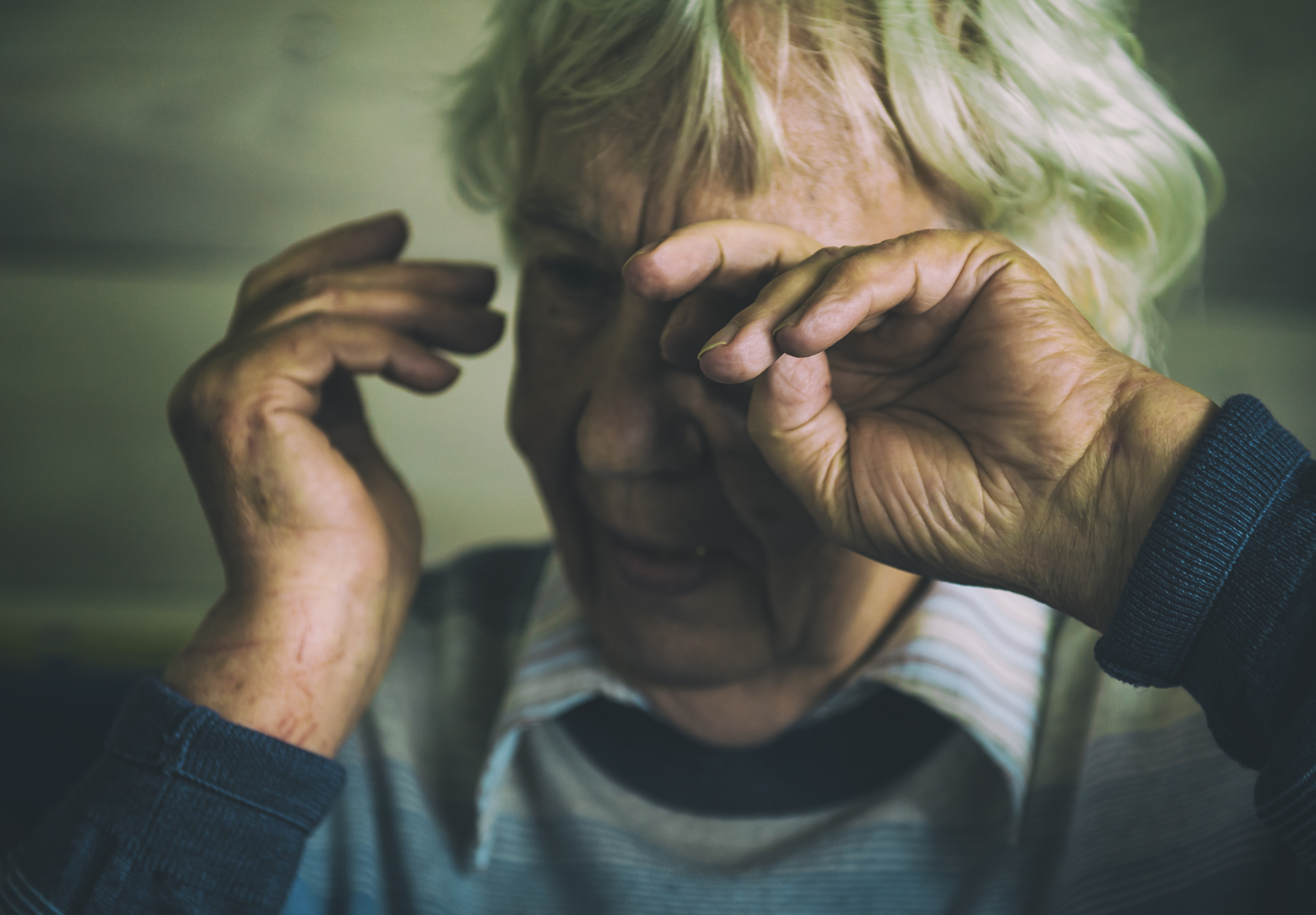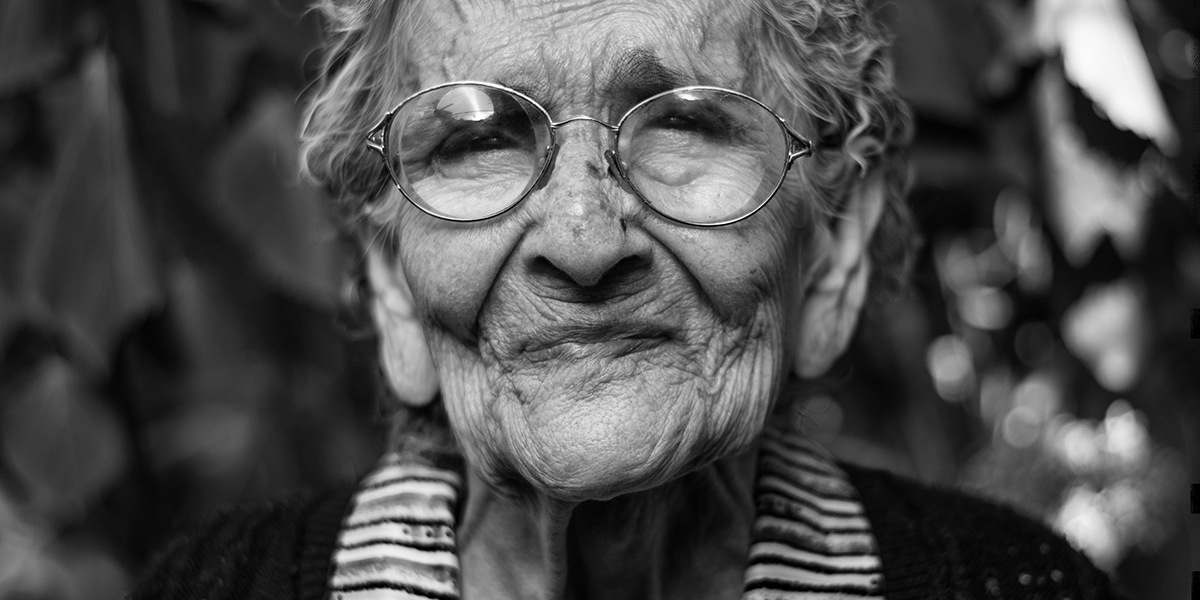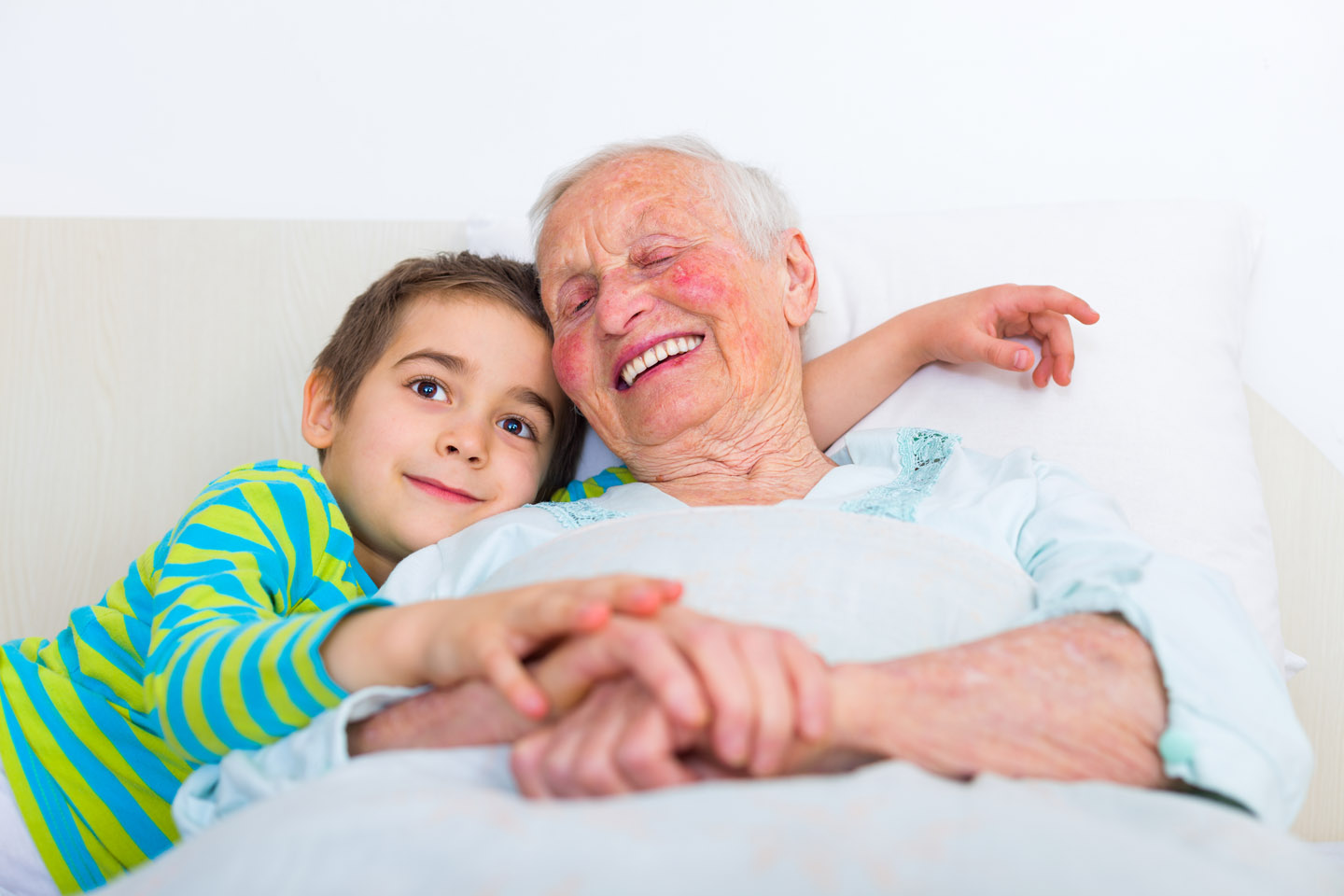Wise advice from the daughter of an Alzheimer’s patient …
My father was diagnosed with Alzheimer’s more than 11 years ago. It was almost by chance, as it was my mother who was being seen for a medical consultation; the doctor happened to notice something strange in my father’s behavior and asked to be alone with him for a moment. As the doctor was leaving, he recommended that we take him to see a specialist immediately. That’s how it all began.
My dad and my entire family have lived with Alzheimer’s for 7 years now. I say “we” have lived with the disease, because though it’s the patient who is diagnosed and suffers from the disease directly, the lives of the family members who live around the patient are affected in every way. You have to make decisions, adapt to changes, accept limitations, and negotiate with each other so that everyone collaborates as much as they are willing and able. You also learn to recognize your own limits.
Alzheimer’s has a way of making evident the unavoidable limitations inherent to our human nature, no matter how much some transhumanists might wish to promote the so-called “death of death,” by which they mean achieving immortality by the year 2050. At the moment, what we know from science is that our neurons, and the human organism as a whole, age and deteriorate, and for the person who has Alzheimer’s disease, they do so irreparably.
It’s important to pay attention to the advice of doctors, and to stay abreast of new developments in this field of research, learning about new insights and treatments. But I also think it is essential, especially in the case of degenerative diseases such as Alzheimer’s, to LEARN TO LIVE WITH THE PATIENT – because in the practical day-to-day, this is what we’re actually going to have to do.

For that reason, I’d like to share some personal reflections that are simply the fruit of my experience at home and in my family. I have shared many of these with other people who tell me that they too have lived similar challenges. This led me to believe that our experiences are not isolated cases. And far from considering our response heroic, I would rather say these are simply “homemade recipes” for living with Alzheimer’s in our families.
What to do …
If you live with or care for an Alzheimer’s patient, don’t be angry – be patient.
If your father or your mother used to understand when you would explain things, but now you see that they look at you with a bewildered look on their face and seem surprised or confused, don’t be angry – be patient.
If moments ago, he just asked you something and you answered, but he asks you again, don’t be angry – be patient.
If you just finished changing her underwear or diaper because she is no longer continent or able go to the bathroom by herself and she has a “little accident,” don’t be angry – be patient.
If while you were changing his bed sheets and were repositioning him on his side like the nurses showed you, and in the process he wet the mattress cover or the floor, don’t be angry – be patient.
If you have spent two hours looking for the house or car keys because she cannot remember where she left them, don’t be angry – be patient.
If it’s three o’clock in the morning and you wake up because you hear a noise, and realize he has gotten out of bed and is walking around the house as if it were midday, turning on all the lights and the television too, don’t be angry – be patient.
If the day comes when she begins to leave food in her mouth making a little food ball, then chokes and coughs it up making a mess, don’t be angry – be patient.
If he stares at you and you ask him if he knows who you are, only to find that he looks at you again and shrugs his shoulders because he cannot recognize you, don’t be angry – be patient.

As hard as this can be, remember that you are caring for a person with a disease, and they did not willingly choose to have their neurons go out.
Decide to love that person because that person deserves to be loved: because he gave you life, because she took care of you, because they are family, your family!
It’s a marathon, not a sprint
Accept that the disease is taking the lead and appears to be in control, but depending on how you handle it, you have the power to make this last stage of their life either a hell for them and for yourself, or a closing scene filled with endless appreciation on both sides.
Face Alzheimer’s as you would an Olympic challenge. Although competitive triathlon athletes are more admired and better rewarded, being a caregiver to an Alzheimer’s patient is a hundred times more meritorious.
Remember, this may not be a short 100-meter sprint: it may be a long and exhausting marathon. So be humble and ask for help when necessary. Learn to rest so as to be able to better care for your family member.
This may require that you change the order of priorities you had before your family member was diagnosed with Alzheimer’s disease. Be sure that the choices you make are ones which you will be proud of for years to come. You will likely never regret having loved much.
Avoid using phrases such as “it is what it is” or “there’s nothing I can do about it.” Instead, learn to see that each day can become whatever you make of it. Much depends on the meaning you give to what you’re having to live through. Even amidst the surprises and challenges the illness itself brings, you can bring good humor, flexibility for a change in plans, and much needed tender-loving-care.
Work as a team as often as possible, including your parents, your siblings, your spouse, your children, your cousins, external caregivers, and friends. As the saying goes, grief shared is halved and shared sorrow is half a sorrow. Likewise, tiredness and fatigue can be distributed a little, and psychological and moral support can greatly help.

If you are a believer, it will help you to call upon God for assistance, aware that He is at your side, helping you daily. I believe that in the not-so-distant future someone who was a caregiver of an Alzheimer’s patient will become a canonized saint!
If the Alzheimer’s patient is a believer, help them to understand their illness in the context of their practice of the faith and understanding of life. If they are Catholic, it’s helpful to ensure that they are able to receive the sacraments. Likewise, when they are no longer able to express themselves as coherently as before, they can still benefit from hearing from your lips the prayers they used to pray. You will likely notice that they actually can remember some of the prayers and songs they prayed as a child.
Use your intelligence to observe closely and learn as much as you can about Alzheimer’s disease. Who can do this better than the caregiver, who observes the advance of the disease as if seeing it under a microscope, watching day after day its progression, peaks, and valleys.
Considering joining an association where you can share your “know-how,” and possibly even look at volunteering for one or more scientific studies on the disease.
And before the Alzheimer’s patient dies, don’t forget that you’re not the person with the disease. Keep in mind that the person you are caring for is the one with the illness, and that they are suffering more than you. They suffered when they first became aware that their memory was beginning to fail, and realized that, in some significant ways, they no longer were the person they once were, and that what lay ahead would be scary and difficult. Make every effort to help them navigate this difficult phase of their life the way they would if they fully aware every step of the way.
Don’t be angry with anyone who suffers Alzheimer’s: be patient. And ask yourself if you are doing everything in your power to help them and help their other caregivers. If you think about it a bit, there may be something more you can do, more than you first thought possible. Sooner or later, you will reap the reward. Some call it karma. I call it Providence.










